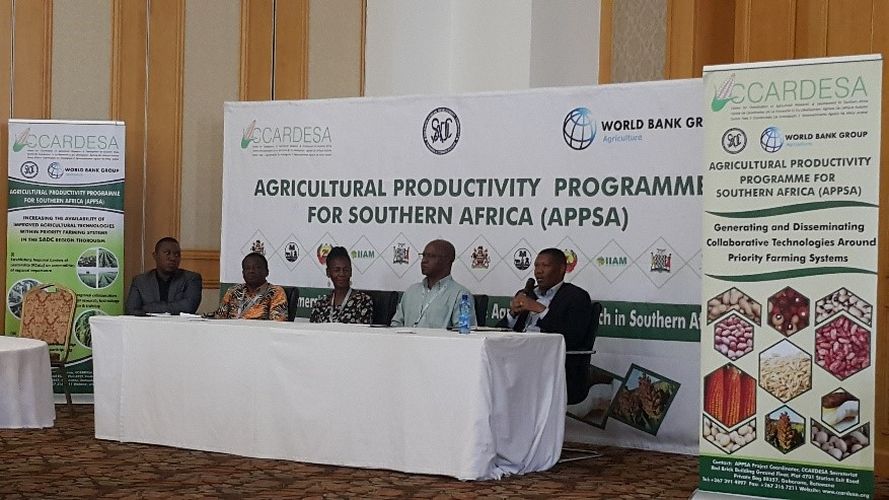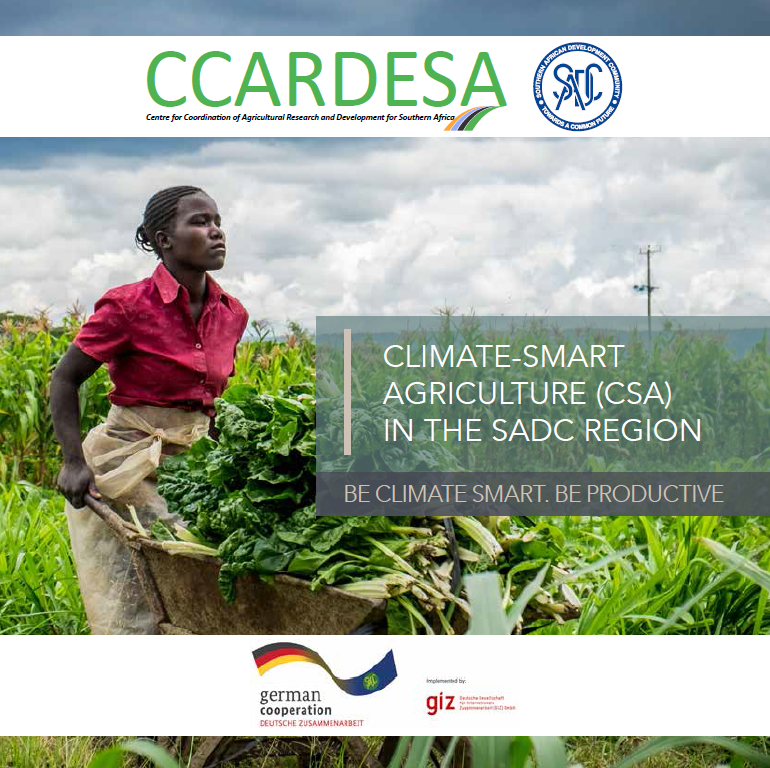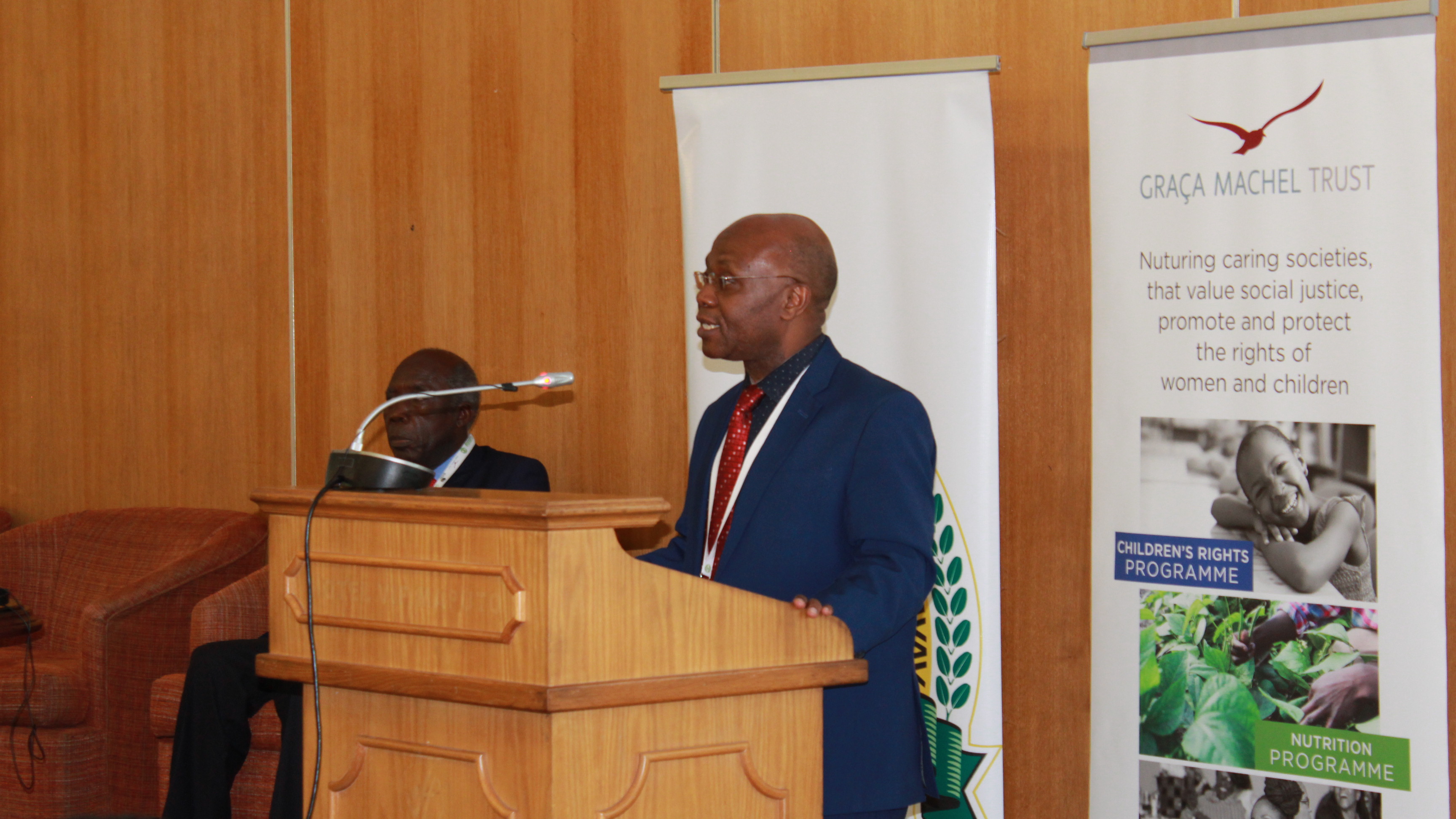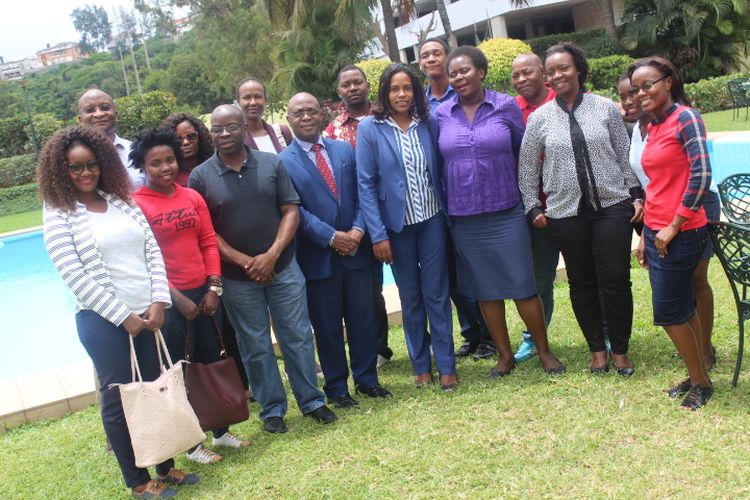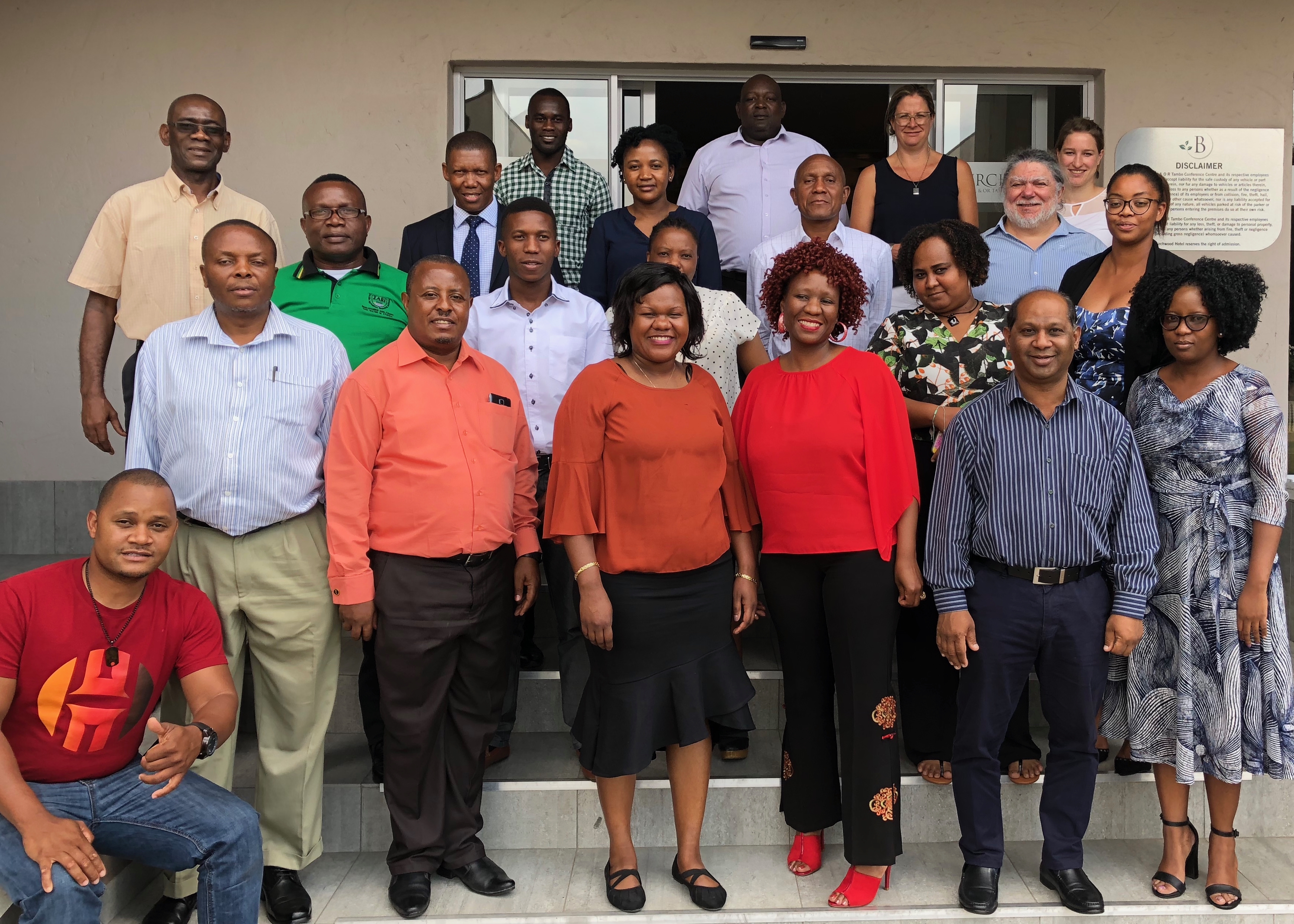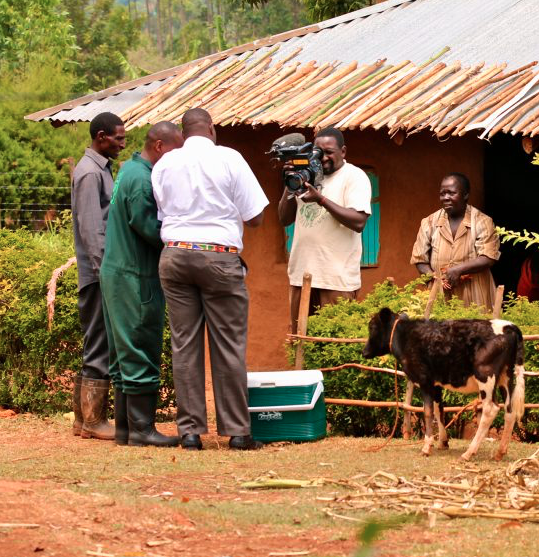Agricultural Drought and Climate Smart Agriculture
Drought is the single greatest climate risk faced by most farmers in Eastern and Southern Africa. In discussions of climate risk, it is crucial to distinguish between meteorological drought (lower-than-average annual or seasonal rainfall) and agricultural drought (insufficient water at critical stages of crop growth). Global climate change models do a poor job predicting either type of drought (or flooding), and there appears to be little relationship between drought and rising levels of greenhouse gases. Drought and flooding are more closely correlated with El Niño-Southern Oscillation (ENSO) events, which appear to predate global warming.
Walker, Sue. 2016. Agricultural Drought and Climate Smart Agriculture. Vuna Research Report. Pretoria: Vuna. Online: http://www.vuna-africa.com



